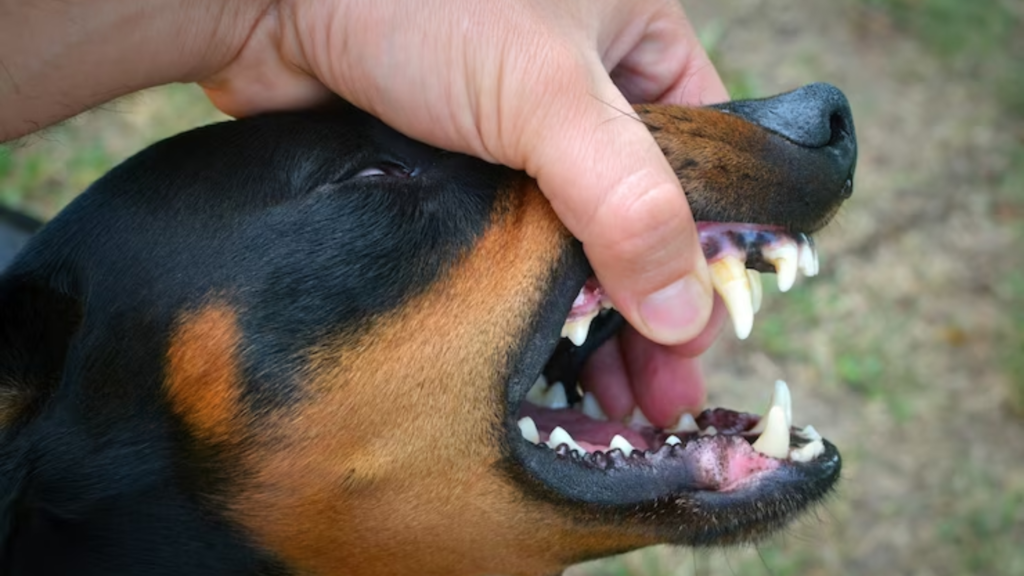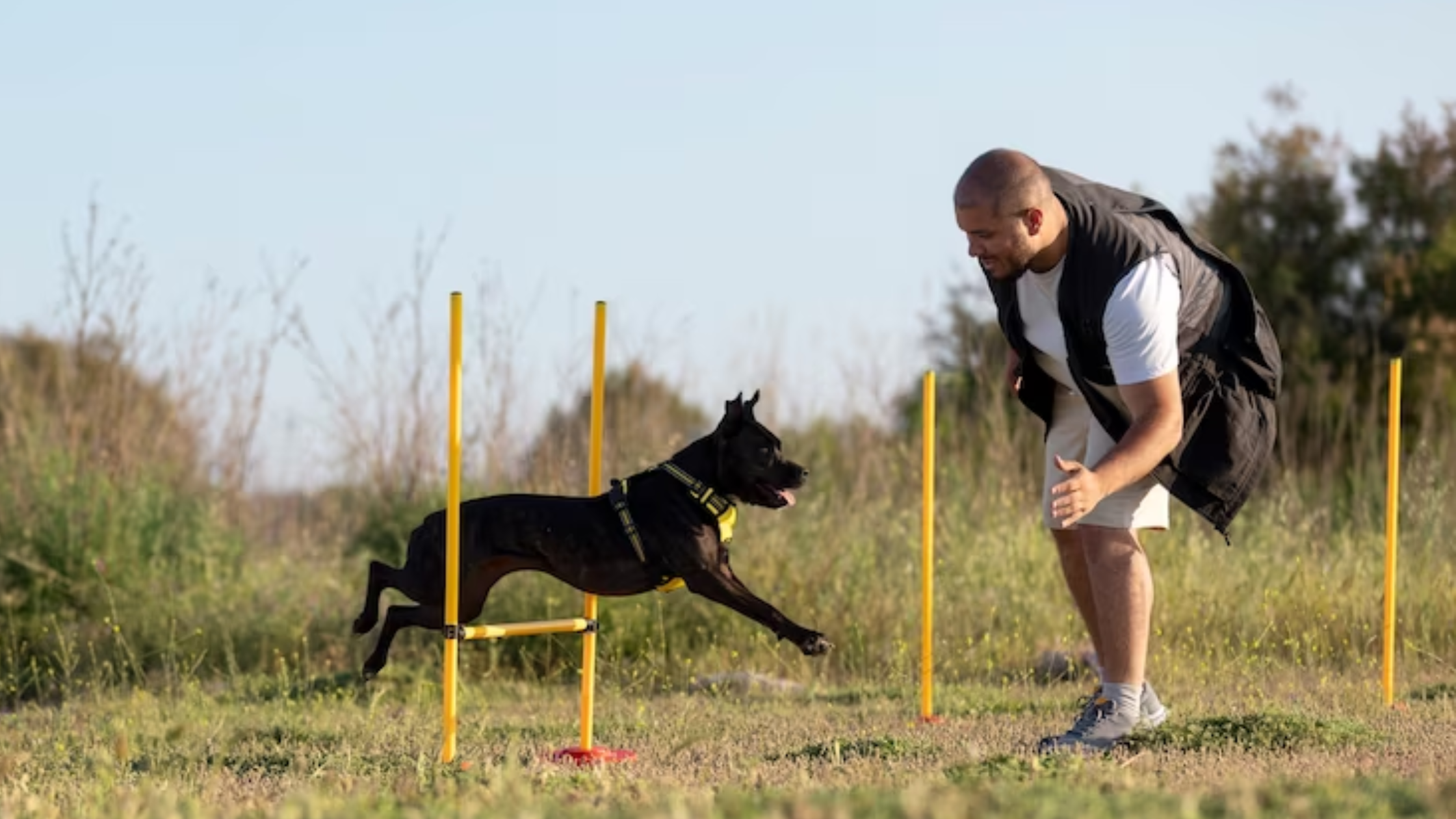Introduction:
Welcoming a new puppy into your home is an exciting time, but it also comes with the responsibility of training and guiding your furry companion. In this blog post, we will explore the importance of early puppy training and how it shapes your puppy’s behavior. We’ll provide a comprehensive puppy training timeline with key milestones at different ages, along with tips for addressing common training challenges. By following these guidelines, you can lay the foundation for good behavior and build a strong, lifelong bond with your puppy.
The Importance of Early Puppy Training:
- Socialization and Behavior Development:
- Expose your puppy to various people, animals, and environments during the critical socialization period (8-16 weeks).
- Positive interactions during this time shape your puppy’s behavior and promote confidence.
- Positive Reinforcement Training:
- Use rewards, praise, and treats to reinforce desired behaviors and commands.
- Positive reinforcement creates a positive association with training and encourages your puppy to repeat good behaviors.
- Establishing a Routine:
- Establish a daily schedule that is predictable for feeding, bathroom breaks, playtime, and training sessions.
- A routine helps your puppy understand what to expect and reduces anxiety.
Training Milestones by Age:
- 8-12 Weeks: Basic Commands and Potty Training
- Introduce simple commands like sit, stay, and come using treats and positive reinforcement.
- Begin potty training by taking your puppy outside frequently and rewarding successful bathroom breaks.
- 3-6 Months: Advanced Commands and Leash Training
- Progress to more advanced commands like down, leave it, and heel.
- Start leash training to teach your puppy to walk politely on a leash without pulling.
- 6-12 Months: Maturity and Continual Training
- Continue training and reinforce previous commands to maintain good behavior.
- Address any new behavioral challenges that may arise as your puppy reaches maturity.
Common Training Challenges and Solutions:
- Puppy Biting and Nipping:
- Redirect biting behavior to appropriate chew toys and discourage rough play.
- Use “time-outs” when biting becomes too intense to teach bite inhibition.
- Separation Anxiety:
- Gradually accustom your puppy to being alone for short periods and gradually increase the time.
- Provide engaging toys or puzzles to keep your puppy occupied when you’re away.
- House Training Regression:
- Revisit potty training basics and be consistent with the schedule.
- Rule out any medical issues that may be causing accidents.

Building a Lifelong Bond with Your Puppy:
- Consistency and Patience:
- Be consistent with your training techniques and goals.
- Patience and understanding are key as your puppy learns and grows.
- Regular Play and Interaction:
- Bond with your puppy through regular playtime and one-on-one interaction.
- Engaging in fun activities together strengthens your bond.
Conclusion:
A well-behaved and content companion is built on early puppy training.
By following the puppy training timeline and using positive reinforcement techniques, you can instill good behavior and build a strong bond with your furry friend. Addressing common training challenges with patience and understanding will lead to a well-adjusted and obedient adult dog. Remember to prioritize socialization, establish a consistent routine, and engage in regular play and interaction to create a lifelong connection with your puppy.

